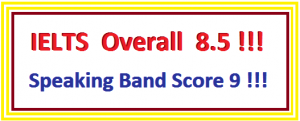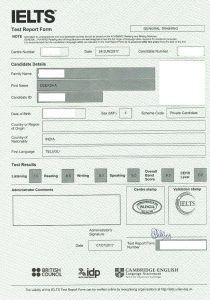The lesson today is about paraphrasing in IELTS writing task 2. It is about paraphrase the essay question in order to make a background statement for the introduction.
The introduction for an IELTS essay in writing task 2 consists of two sentences: a background statement and a thesis statement. The background statement paraphrases the essay question. The thesis statement gives your answer.
Yesterday, a student wrote this to me about paraphrasing:
Hi Liz,
You said that it’s ok to keep some words the same when you paraphrase. My question is: “Do you have a maximum number of words that can stay the same?
For example: Artists need a certain amount of freedom to develop their creativity. Some people think that artists should have total freedom to express any thoughts and ideas. To what extent do you agree or disagree?
I think I can keep the word “artist” and “creativity”. But I doubt using “freedom” Should I paraphrase the word “people”? What words can I keep?
Get Model Answer
You can find a model introduction with paraphrasing tips on this page. The link below will explain how you can paraphrase your background statement.
Paraphrasing: Model Introduction & Tips






